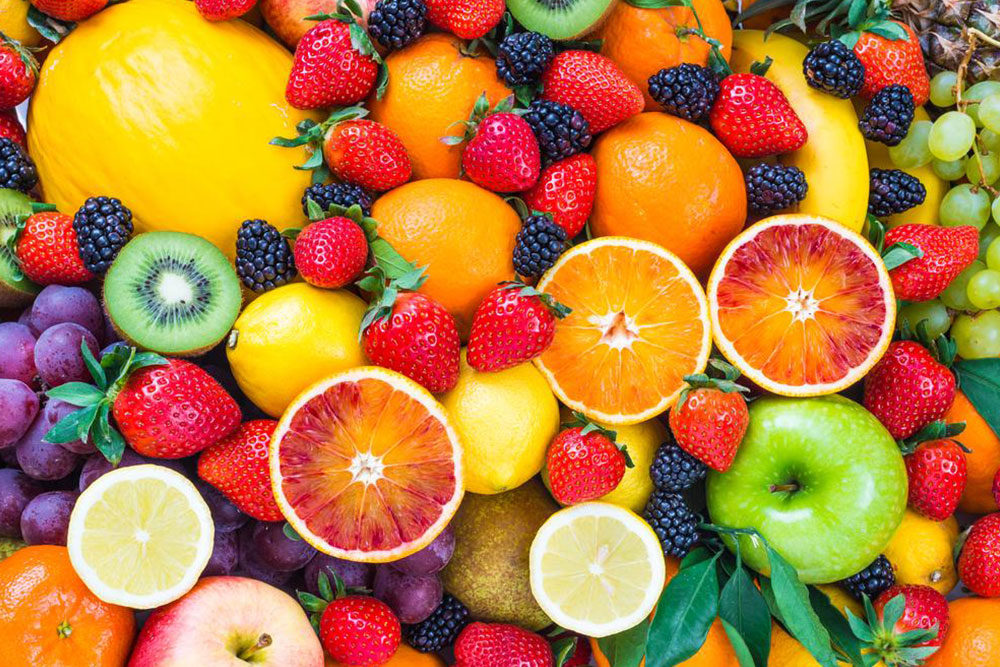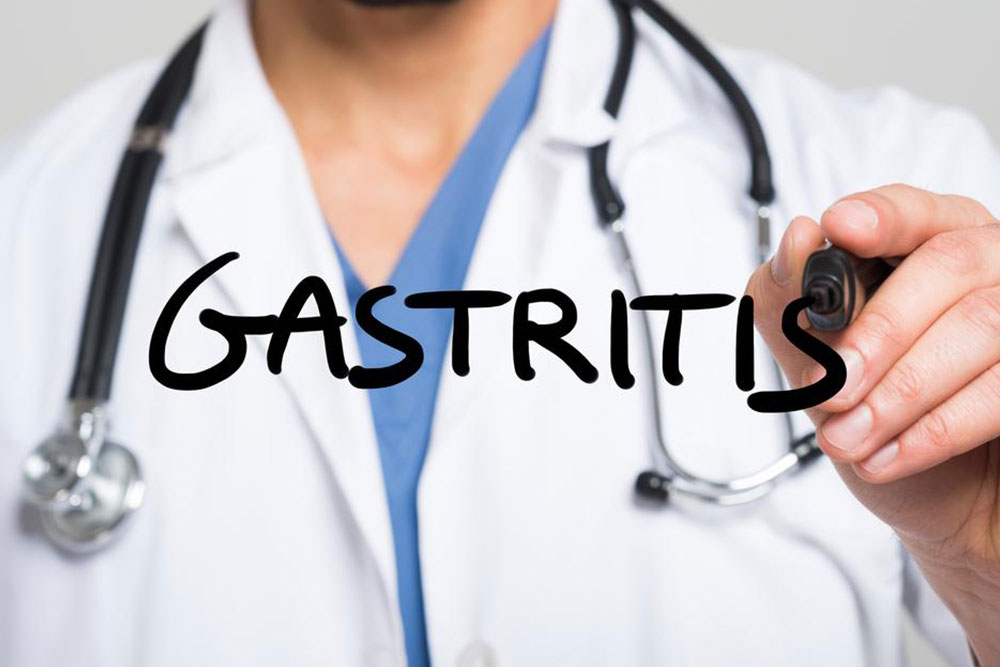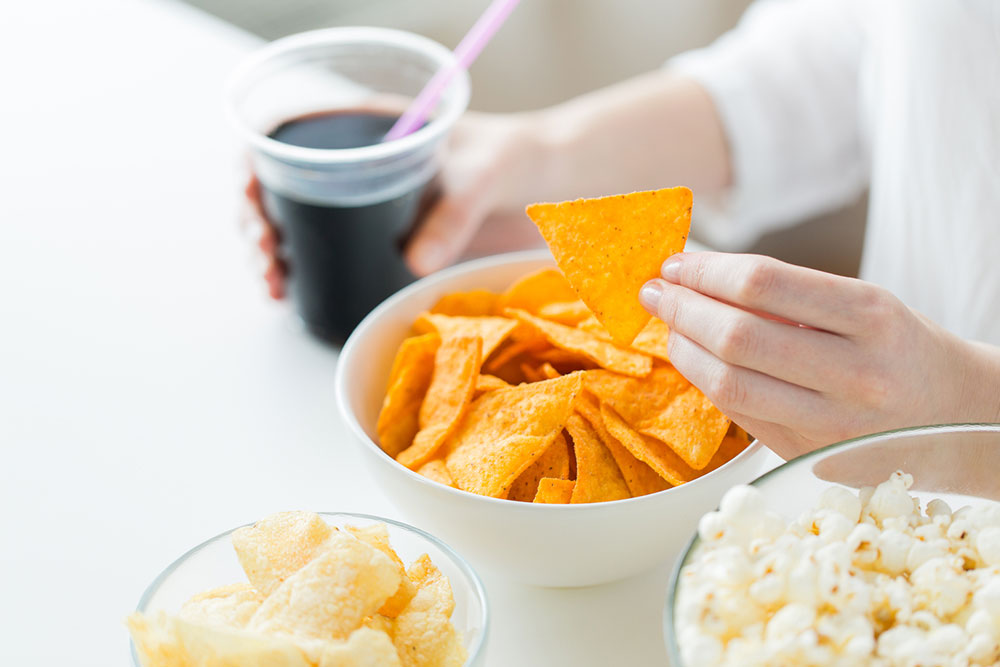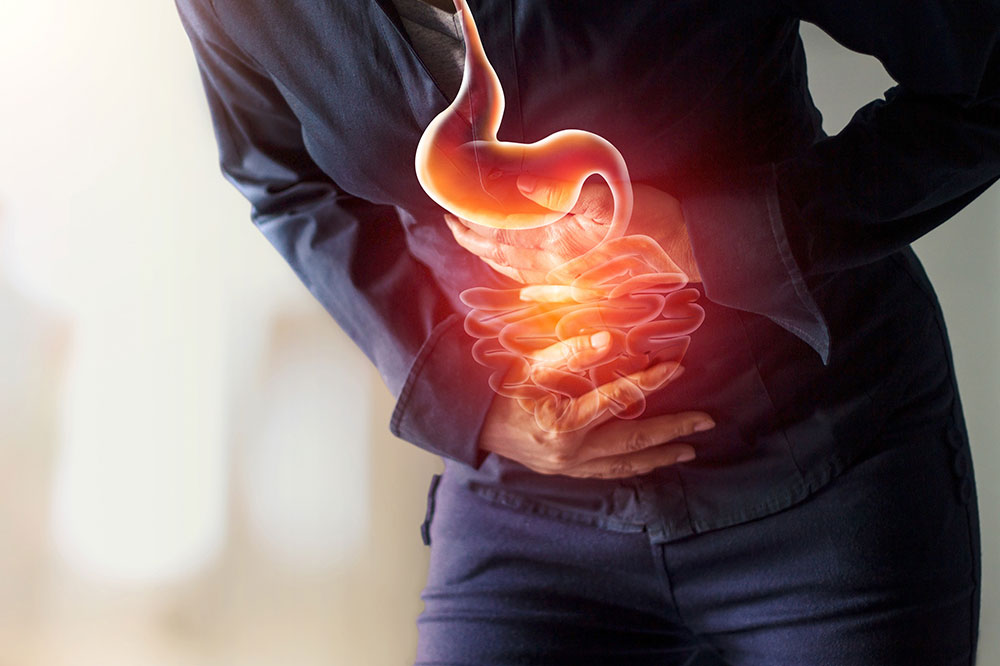Effective Dietary Strategies for Managing Gastritis
Discover key dietary tips and lifestyle changes to manage gastritis effectively. Incorporate anti-inflammatory foods, reduce irritating foods, and adopt healthier habits to soothe stomach inflammation and prevent complications. Consulting with your healthcare provider ensures tailored treatment and nutritional support for optimal healing.
Sponsored
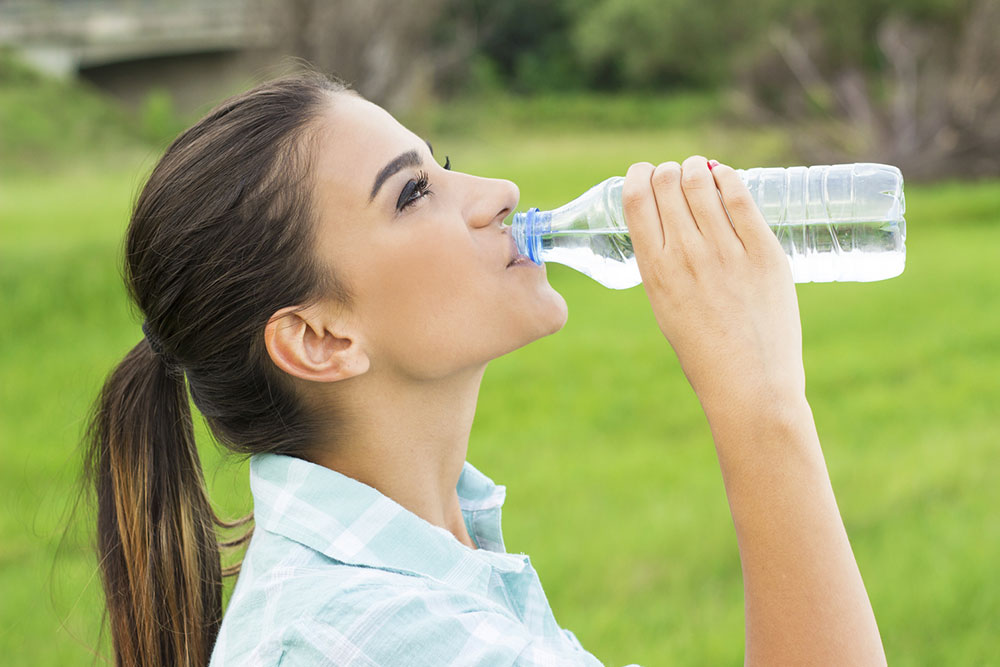
Many people experience occasional digestive discomfort, but some face persistent issues daily, often due to diet and eating habits. Symptoms like nausea, stomach pain, burning sensations, and heartburn are signs of gastritis—a condition characterized by inflammation of the stomach lining. If untreated, it can lead to serious complications such as ulcers or stomach cancer. Gastritis is commonly linked to the presence of Helicobacter pylori bacteria, which infects the stomach and causes symptoms like pain, burping, nausea, and loss of appetite.
Dietary Guidance: The foods you choose and your lifestyle significantly impact stomach health. Making targeted dietary changes can reduce inflammation and prevent relapse of gastritis. While no specific diet cures the condition, proper nutrition can alleviate symptoms and improve quality of life. About half of the global population may experience gastritis at some point, potentially progressing to ulcers or gastric cancer if untreated.
Foods to Include: Incorporate foods like yogurt and broccoli, which combat H. pylori bacteria and ease symptoms. Broccoli contains sulforaphane, an antibacterial and anti-cancer compound that reduces gastritis symptoms and lowers stomach cancer risk. Yogurt provides probiotics that help eliminate H. pylori bacteria. Other beneficial foods include herbal teas, honey, olive oil, berries, celery, and apples.
Eating smaller, more frequent meals (5-6 times daily) helps minimize stomach acid effects compared to three large meals.
Stay well-hydrated with water and avoid alcohol, which can worsen inflammation.
Adding probiotics and Omega-3 fatty acids can support recovery, but consult your doctor first to ensure compatibility with other treatments.
Limit or avoid salty, fatty, and spicy foods that irritate the stomach lining.
Refrain from smoking, as it exacerbates inflammation and delays healing.
Reducing stress can also promote healing, as emotional stress increases stomach acid production, intensifying symptoms.
Risk Factors:
Excessive alcohol consumption
Obesity
Smoking
Use of certain medications like NSAIDs (e.g., ibuprofen, aspirin)
High-fat, high-salt diets
Prolonged NSAID use increases the risk of ulcers and gastritis; minimizing their intake can help prevent complications.

